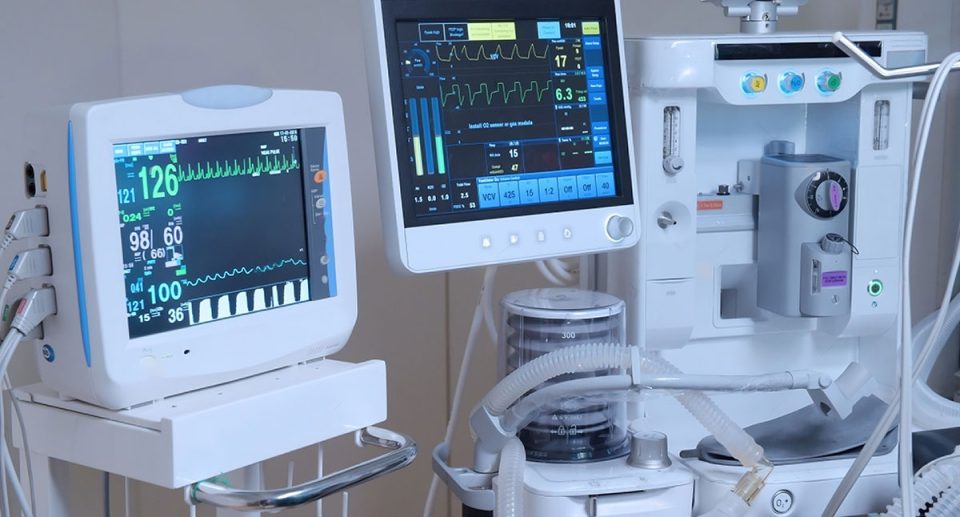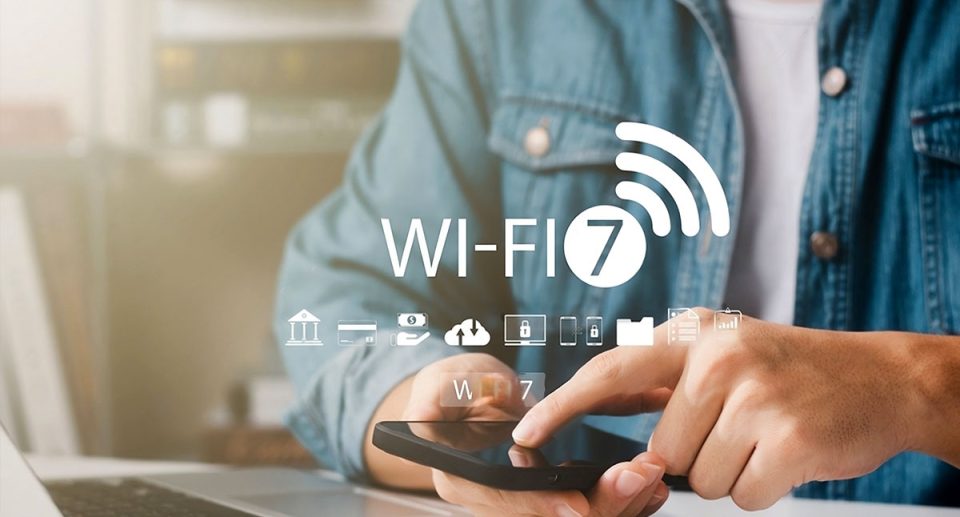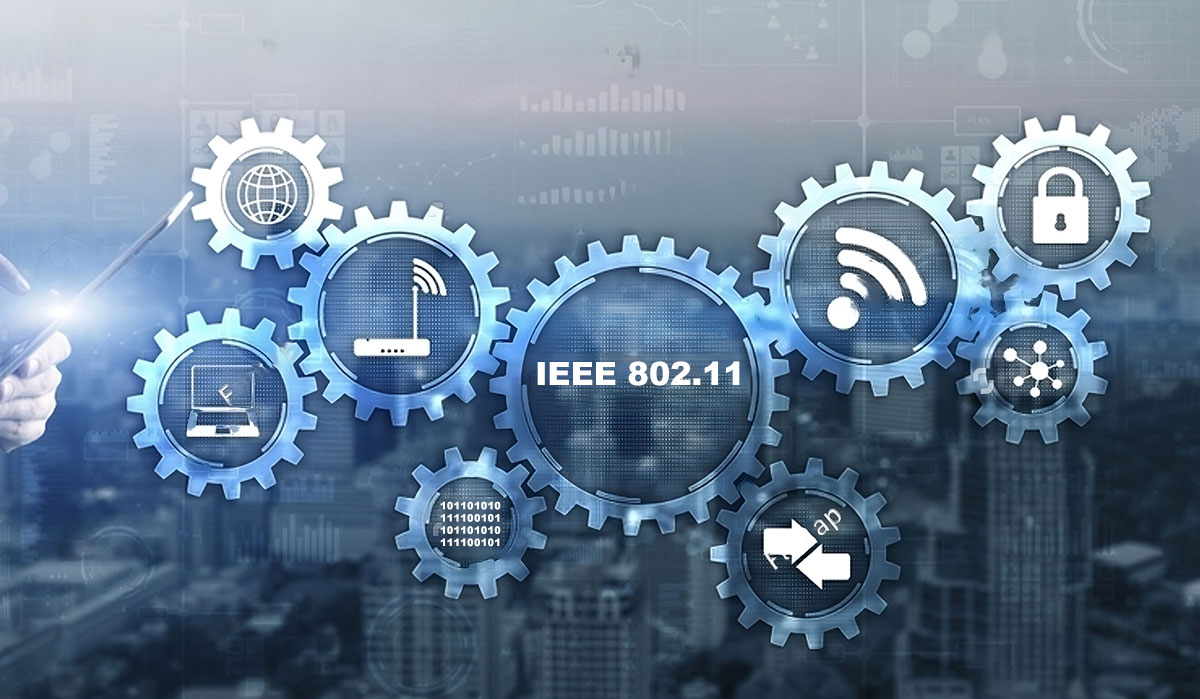
In the ever-evolving landscape of IoT security, vulnerabilities in medical devices have been brought to the forefront, raising concerns about network access, potential attacks, and the importance of proper decommissioning. Boston-based security firm Rapid7 has shed light on vulnerabilities in battery units used in medical infusion pump devices created by Baxter, a significant player in the healthcare sector. These vulnerabilities carry implications for healthcare organizations in the UAE, particularly Dubai, as they grapple with the intersection of technology and patient care.
Vulnerabilities in Baxter’s Medical Infusion Pumps: A Wake-Up Call for IoT Security
- The Wi-Fi-Enabled Battery System Interaction: Rapid7’s report focuses on a vulnerability arising from the interaction between a Wi-Fi-enabled battery system and an infusion pump for medication delivery. This interaction could potentially provide malicious actors with unauthorized access to Wi-Fi networks utilized by healthcare institutions.
- Baxter’s SIGMA Spectrum Infusion Pump: Among the most concerning vulnerabilities identified is within Baxter International’s SIGMA Spectrum infusion pump, accompanied by its Wi-Fi battery system. The attack scenario requires physical access to the infusion pump.
- Risk in Battery Units: The root issue stems from how Spectrum battery units store Wi-Fi credential data in non-volatile memory. This design choice exposes a potential exploit – a malicious actor could purchase a battery unit, connect it to the pump, and manipulate the device to write Wi-Fi credentials onto the battery’s memory.
- Potential for Data Theft: Additionally, the risk extends to discarded or resold batteries. Organizations that fail to adequately wipe these batteries before disposal could inadvertently expose sensitive Wi-Fi credentials to malicious entities.
- Other Vulnerabilities and Risks: Rapid7’s findings reveal further vulnerabilities, including telnet issues that could expose data from connected devices’ process stacks. Similarly, a format string vulnerability poses risks of memory manipulation or DoS attacks. Additionally, unauthenticated network reconfiguration attacks are a concern, allowing potential IP address changes and enabling man-in-the-middle attacks.
Mitigation and Lessons for UAE’s Healthcare Sector
- Physical Access Control: Addressing the primary vulnerability requires heightened physical access control to the devices. This implies that the attack cannot be executed without manual connection of the battery to the pump.
- Wi-Fi Data Purge: Secure disposal of vulnerable batteries must involve purging Wi-Fi data, rendering them safe from potential exploitation. This practice gains significance in the context of Dubai’s drive for robust data security.
- Monitoring Network Traffic: Monitoring network traffic for unusual connections, especially on port 51243, is crucial. This ensures timely detection of potential threats.
- Network Segmentation and Software Updates: Baxter’s response includes improved network segmentation and issuing new software updates to disable vulnerable features.
IoT Security Imperatives for UAE’s Healthcare Arena
Rapid7’s findings serve as a wake-up call for UAE’s healthcare sector, particularly Dubai’s rapidly advancing healthcare technology landscape. As the UAE leverages IoT in patient care and health management, robust security measures are vital:
- Data Security: The UAE’s focus on data security and privacy aligns with the need for secure decommissioning and disposal of devices containing sensitive information.
- Network Vigilance: Dubai’s ambition to be a smart city requires vigilant network monitoring to detect potential threats and mitigate vulnerabilities promptly.
- Regulatory Adherence: As the UAE strengthens its regulatory framework, ensuring adherence to robust cybersecurity protocols becomes paramount.
- Collaborative Approach: The UAE’s collaborative tech ecosystem is well-suited to address IoT security disconnects, with multidisciplinary teams working on cohesive security strategies.
- Education and Awareness: Raising awareness about IoT security among healthcare practitioners and stakeholders is key to fostering a culture of vigilance.
Rapid7’s report underscores the urgency of safeguarding healthcare IoT systems. In Dubai’s dynamic healthcare landscape, where technology converges with patient well-being, proactive steps must be taken to ensure that the potential benefits of IoT are not overshadowed by security vulnerabilities.













